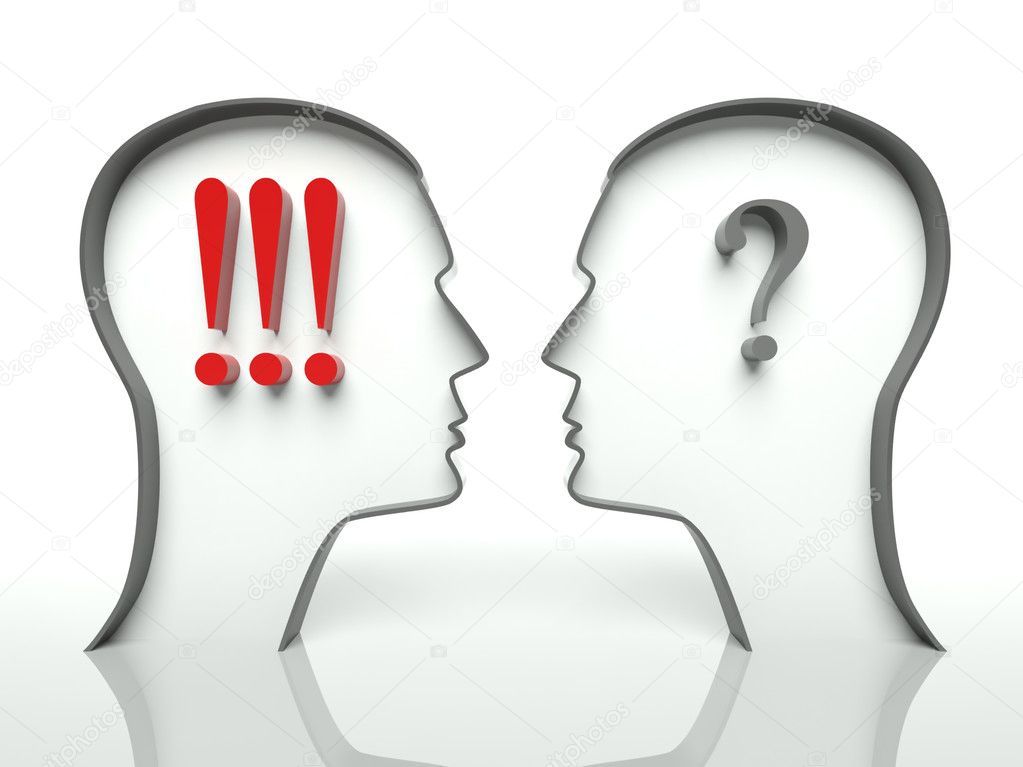The number of households living with pets is increasing. Walking the streets, you often meet people with their pets. As relationships with animals become more familiar, social resentment against animal abuse and abandonment is growing. So begins a column in the Catholic Peace Weekly by a bioethicist.
Thanks to this social atmosphere, the Ministry of Justice recently stepped up efforts to protect and respect animals as living creatures and improve their legal status. Article 98-2 of the Civil Code decided to include the clause: "Animal is not an object." If the amendment passes the National Assembly, animals will be recognized for their legal status. The level of punishment for animal abuse is expected to be strengthened.
When she heard the news, she was greatly moved. "Why can't we grant the same rights to the fetus when we improve the legal status of animals to protect and respect them as living things." The double standard of capitulation in one and accepting aborting the fetus in the other is incomprehensible.
Animals are increasingly being treated like humans; sad that fetuses are increasingly treated worse than animals. It seems appropriate to protect animals by strengthening punishment for abusing and abandoning them. But why is the standard silent about the pain a fetus suffers in the abortion process?
We often meet people passionately in favor of abortion, claiming to be advocates of animal rights. Among them are those who want to amend the law to allow abortion in all circumstances until just before birth. It is natural to give charity to animals suffering from injury, disability, or abuse, but it is argued that abortions should be allowed to humans with disabilities until just before childbirth.
The dogma of abortion rights can obscure human reason and strengthen the human mind to the extent that those who sympathize with animal suffering may lack compassion for fetuses suffering from violence and extreme pain in abortion. How should we look at this double standard of protecting animals from suffering as creatures and legally respecting their status?
Animals feel pain because of their abilities of perception, so the moral grounds to protect life. So what about the pain of the fetus? During the abortion process, the fetus is torn to pieces and removed.
Seeing that the government is taking the lead in promoting a double standard in the respect and protection of life, she is saddened by the imbalance and confusion of moral thinking that children and each of us will face in the future. "But it is also a question, in a certain sense, of the "moral conscience" of society: in a way it too is responsible, not only because it tolerates or fosters behavior contrary to life, but also because it encourages the "culture of death", creating and consolidating actual "structures of sin" which go against life" (Gospel of Life #24).
She sincerely hopes the government will raise the status of the fetus that like the animals they will become objects in civil law.






